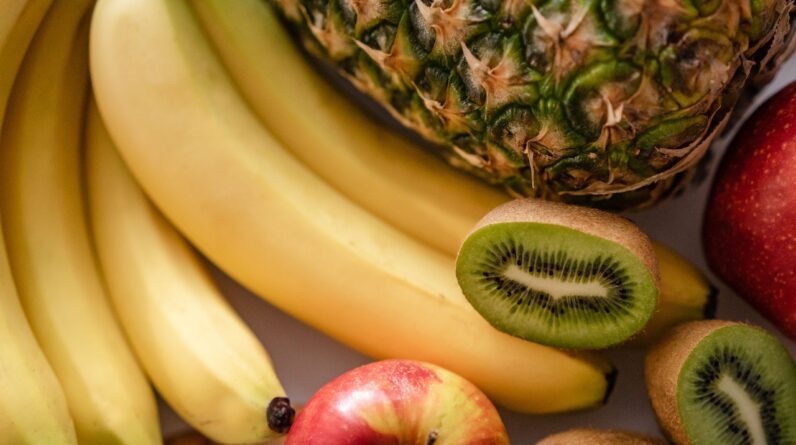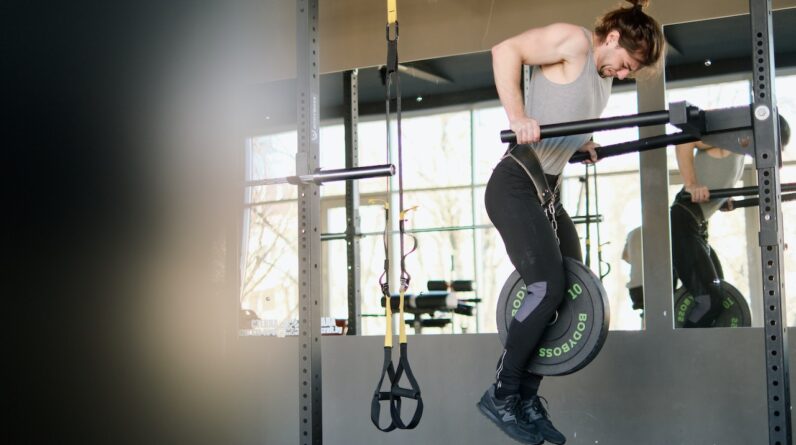
You might have asked yourself, “Is it possible to lose weight in 100 days?” or “What’s the best way to do it?” Well, you’re in the right place to get those answers.
Understanding Weight Loss
Losing weight is a complex process that involves a balance of nutrition, exercise, and lifestyle changes. Let’s start by understanding why we’ve chosen 100 days as our timeframe.
Why 100 Days?
You might wonder why we’re focusing on 100 days. Well, it’s not arbitrary. Changing habits takes time, and 100 days provide a significant enough duration to form new, healthier habits. Plus, slow and steady weight loss is healthier and more sustainable in the long run.
Nutrition and Weight Loss
When it comes to losing weight, your diet plays a vital role. But what does a “balanced diet” really mean?
Importance of a Balanced Diet
A balanced diet is like a puzzle that includes several important pieces—protein, fiber, and hydration being three of the most critical for weight loss.
Protein: The Muscle Builder
Protein helps build and repair your muscles, especially after a workout. A protein-rich diet can also help you feel full, reducing the temptation to snack between meals.
Fiber: The Satiety Provider
Fiber-rich foods take longer to digest, providing a feeling of fullness and helping control hunger. Foods like fruits, vegetables, whole grains, and legumes are excellent sources of fiber.
Hydration: The Unsung Hero
Drinking plenty of water is essential for general health and can help manage hunger and maintain energy levels.
Exercise and Weight Loss
A healthy diet and exercise go hand in hand for sustainable weight loss. Let’s look at two critical components: cardio and strength training.
Cardio: The Fat Burner
Cardiovascular exercises like running, cycling, and swimming are excellent ways to burn calories. They also improve heart health and increase overall endurance.
Strength Training: The Metabolism Booster
While cardio burns calories, strength training helps build muscle, which can boost your metabolism, helping you burn more calories even while resting.
Lifestyle Changes for Weight Loss
Next to nutrition and exercise, lifestyle factors also contribute significantly to weight loss.
Quality Sleep: The Regulator
Getting enough quality sleep is essential for weight loss as it regulates hormones that control appetite and metabolism.
Stress Management: The Balancer
Stress can lead to overeating or making unhealthy food choices. Managing stress through practices like yoga or meditation can help maintain a balanced mindset.
Tracking Progress and Staying Motivated
Once you start your weight loss journey, tracking your progress and staying motivated is equally crucial.
Setting Realistic Goals
Setting realistic, attainable goals for your 100-day weight loss journey is crucial. Remember, losing 1-2 pounds per week is considered healthy and sustainable.
The Importance of Non-Scale Victories
While tracking your weight is important, don’t forget to celebrate non-scale victories, like fitting into an old pair of jeans or noticing increased endurance during your workouts. These victories can keep you motivated.
In Summation
Losing weight in 100 days is indeed achievable. It involves a balance of nutritious eating, regular exercise, lifestyle modifications, and a bucketload of determination. Remember, the journey of a thousand miles begins with a single step.
Remember, every individual’s journey is unique, and it’s essential to find what works best for you. Don’t hesitate to consult with a healthcare or fitness professional if you have specific questions or concerns. After all, the most successful weight loss journey is the one that fits seamlessly into your lifestyle. Good luck!
Frequently Asked Questions
- Can I lose weight without exercising? A: Exercise accelerates weight loss and has numerous health benefits. However, it’s possible to lose weight through diet alone, though it might take longer.
- Is it safe to lose weight in 100 days? A: Yes, if done correctly. Aim for a healthy weight loss of 1-2 pounds per week.
- What if I don’t see results immediately? A: Weight loss is a slow process, and changes may not be noticeable immediately. Consistency is key.
- Can I eat my favorite foods while trying to lose weight? A: Yes, but moderation is key. It’s all about portion control.
- How do I stay motivated during my weight loss journey? A: Setting realistic goals, celebrating non-scale victories, and maintaining a positive mindset can help keep you motivated.
- How can I deal with cravings during my weight loss journey? A: Cravings are normal. When they strike, try drinking water, eating a piece of fruit, or distracting yourself with a non-food activity. If the craving persists, it’s okay to indulge a little – just be mindful of portion size
- Can I drink alcohol while trying to lose weight? A: Alcohol is high in calories and can increase your appetite, making it a challenge for weight loss. That said, moderation is key. You can enjoy an occasional drink, but be mindful of its impact on your goals
- What if I hit a plateau in my weight loss journey? A: Weight loss plateaus are common. If you hit one, try mixing up your exercise routine, increasing protein intake, or reducing caloric intake slightly. Most importantly, don’t get discouraged – keep going!
- Can I lose weight without giving up carbs? A: Yes! Carbs are a necessary part of a balanced diet. The key is choosing complex carbs like whole grains, fruits, and vegetables, and moderating your intake.
- What’s the best exercise for weight loss? A: There isn’t one “best” exercise for weight loss – it’s about finding an activity you enjoy and can maintain consistently. Cardio exercises like running or cycling can burn calories, while strength training can help build muscle and increase metabolism.







